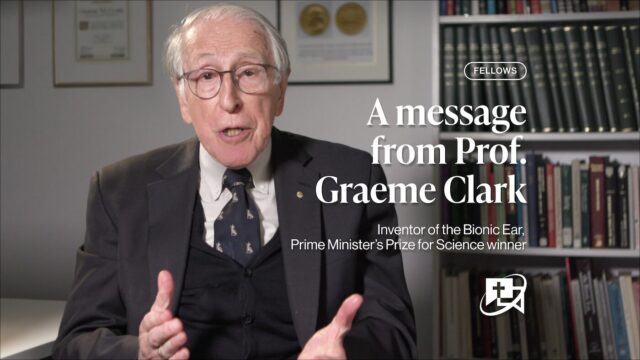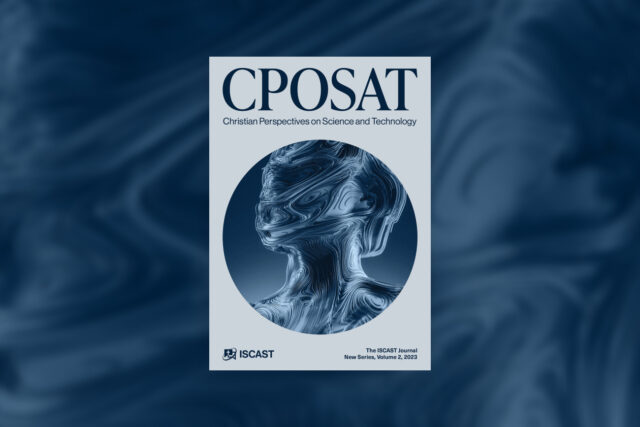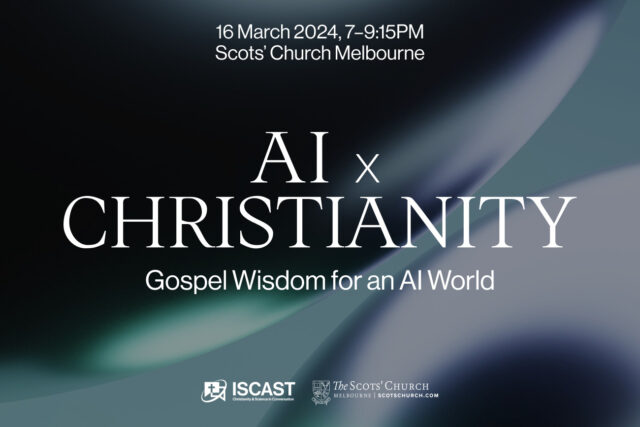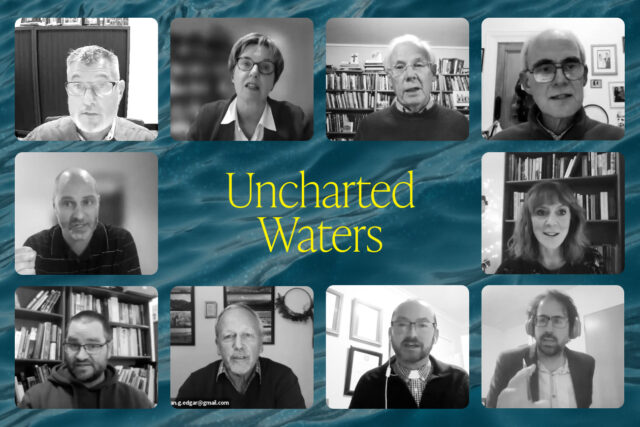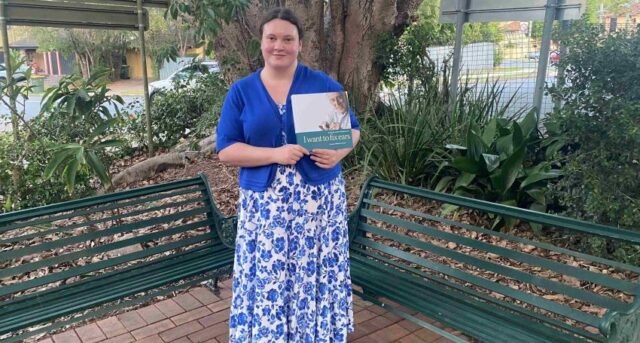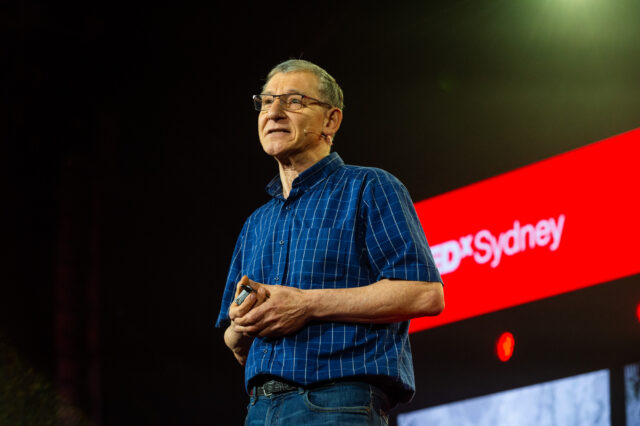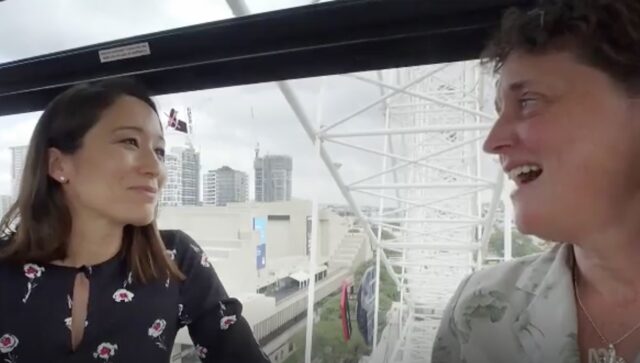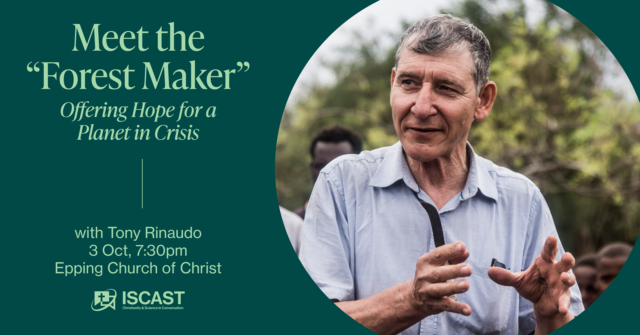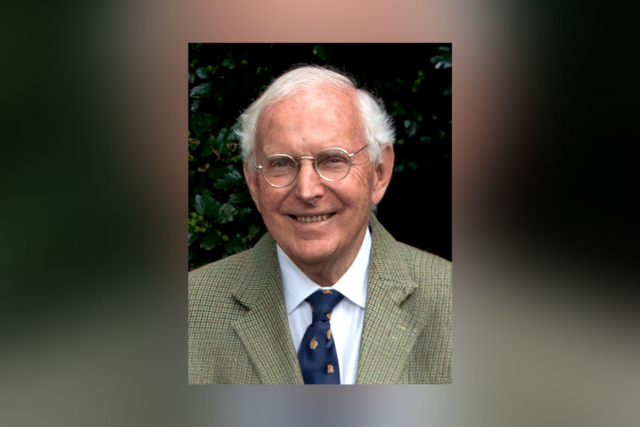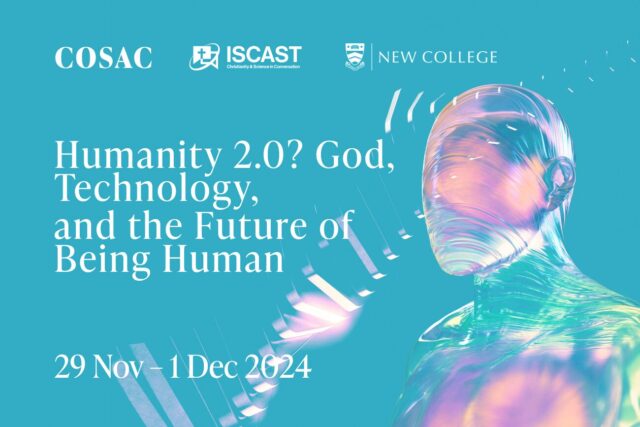
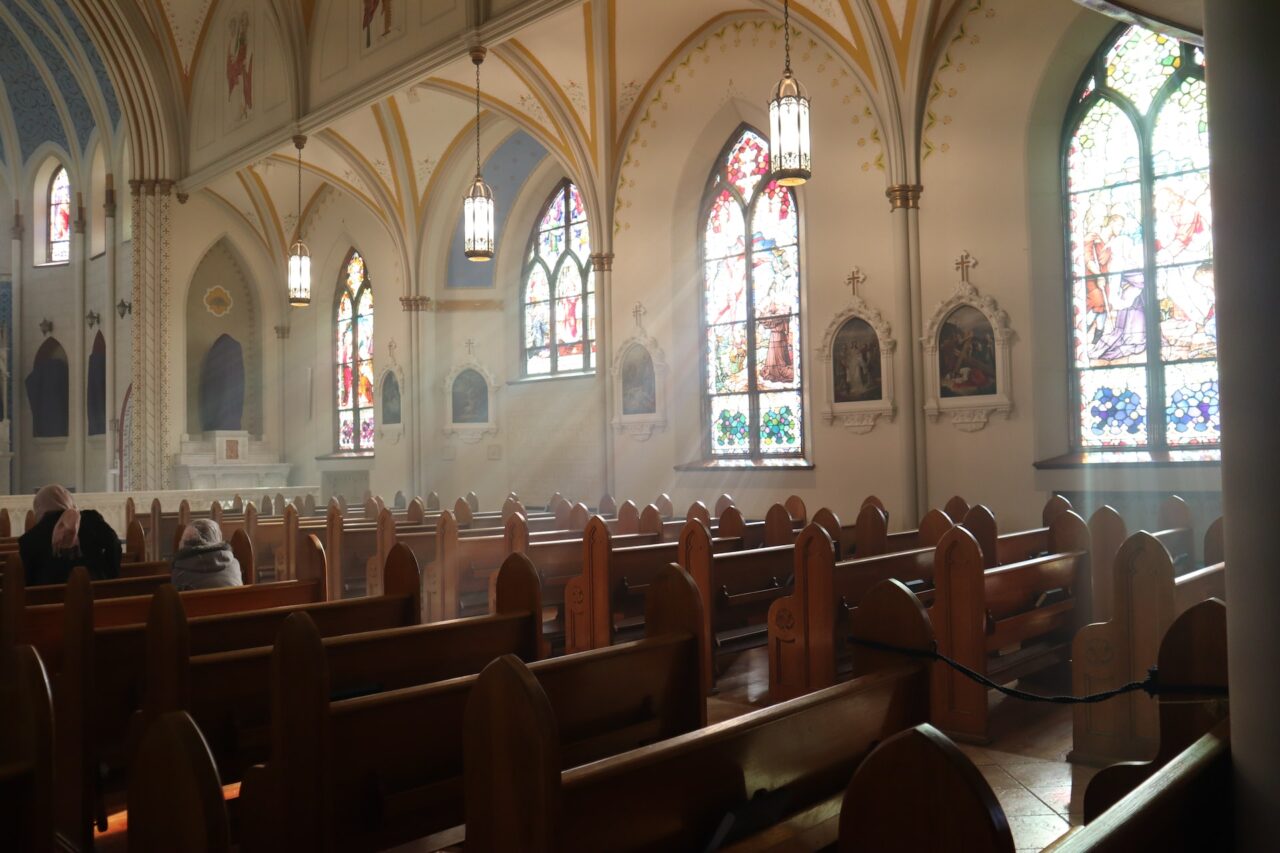
At the recent Melbourne Anglican Synod, a motion regarding the integral relationship between the scientific world and Christian faith was passed.
Synod celebrated the commitment of the Anglican Diocese of Melbourne for its work over the past 10 years, in partnership with ISCAST, in promoting Christian engagement with the sciences. This includes the appointment of the Archbishop’s Adviser for Science–Faith Education (Rev. Dr Chris Mulherin), the long commitment of The Melbourne Anglican to fruitful dialogue between the scientific world and people of faith, and the commitment of many within the diocese to ISCAST.
Finally, the motion called upon clergy to actively encourage and affirm those involved in science and technology, and engage with them on issues raised by the sciences.
Motion: Science, Faith, and Flourishing
- That this synod celebrates the work which has been undertaken by the Anglican Diocese of Melbourne over the past decade to promote the integral relationship between the scientific world and Christian faith, namely through:
- The appointment and work of the Archbishop’s Adviser for Science–Faith Education,
- The long commitment of The Melbourne Anglican and its successive editors to fruitful dialogue between the scientific world and the eyes of faith, and
- Collaboration of many within the Diocese with the work of ISCAST, a world-leading body educating students, clergy and lay people on matters of faith and science.
- Furthermore, that this synod notes with expectation:
- The launch of the Anglican Communion Science Commission with its aim to assist members of the Communion to speak ‘confidently and courageously’ about science, and
- The forthcoming Lambeth Call on Science and Faith which recognises the importance of robust and harmonious integration between faith and science.
- And that this synod calls upon:
- All members of the Diocese to thank God for those working in science and technology for the common good,
- Our parishes to include prayer for wisdom for those involved in scientific and technological endeavours in their intercessions,
- Clergy to actively encourage scientists, people working in technology, and science/technology students in their congregations as they pursue their vocations, and to engage with them on the issues raised by the sciences.
Speech in Support: Chris Mulherin
Mr President, members of Synod. Chris Mulherin, Archbishop’s Adviser for Science–Faith Education. I move motion 31 standing in my name.
As many of you know, I am the Executive Director of ISCAST–Christians in Science and Technology. As well, I hold a license to promote engagement with science and faith matters within the diocese.
For decades, ISCAST has worked closely with TMA on the monthly Science Faith Interface page as well as by contributing to Science Week at the Cathedral and to Science Week in Parishes. More recently, another joint initiative was the podcast called Angles on Science, Faith and Culture.
Why do I work for ISCAST and not focus on filling barns with wealth by running a church? And why do I bring this motion to synod?
I do so because I am convinced that, in an increasingly secular culture, with a tin ear to Christian faith, the conversation between science and faith is at the cutting edge of Christian engagement. Many young people leave the faith because of science; others committed to science will never consider Christ.
This last week is yet another witness to an extraordinary outpouring of misunderstanding about what we in the church are on about. And the relationship between faith, science and rational thinking is perhaps the biggest misunderstanding in the minds of those outside the church.
Time and time again in ISCAST visits to schools around the country, we hear students voicing variations of the common meme: “I believe in science so I couldn’t be religious.”
Meanwhile, within the church, many fear to tread the science road, worried by unfounded rumours of wars between science and faith.
The answer to these pressing missional issues is to proclaim loudly that science and faith are friends. And who better to bear witness than those in our congregations who work in science and technology?
There is a host of Anglicans who are senior scientists and other leaders, in universities and industry. Let’s enable such people to be public, sensible Christian voices.
And there is another host of younger people in our schools and congregations who need to know that they can embrace STEM while standing for Christ.
On the global Anglican stage, the recent Lambeth Conference inaugurated the Anglican Communion Science Commission aiming to “resource the whole Anglican Communion for courageous and confident spiritual leadership in issues involving science.”
Bishop Matt Brain in Bendigo is the Australian representative of the Science Commission. Together we are hatching plans to resource Anglican schools and churches to affirm the godly vocation of science and to overcome destructive misunderstandings.
This motion is seconded by Mr Ravi Ketharanathan. I commend it to you as we take seriously engaging with science in our congregations and to speaking sensibly about science and Christ with those outside the church.
Thank you Mr President.



